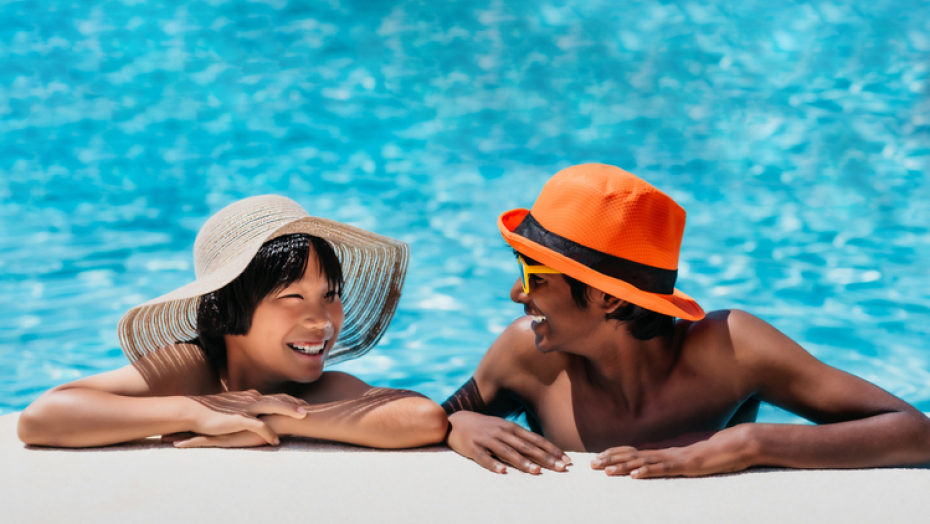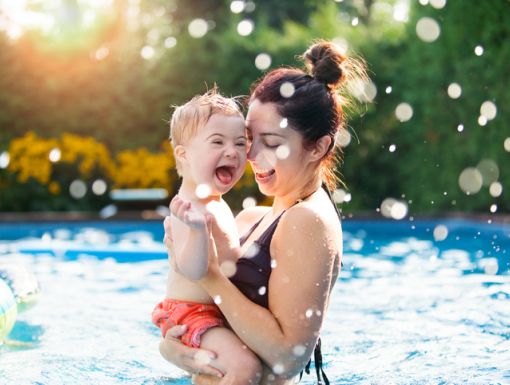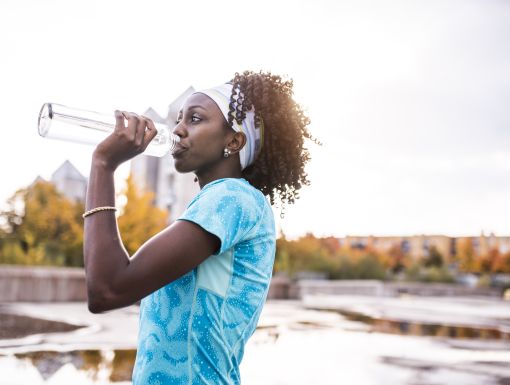
Does Chlorine Help with Acne?
Acne is a common skin problem that affects people of all ages, genders and backgrounds. It shows up as pimples, blackheads, whiteheads, cysts and nodules. Acne mostly appears on parts of the body where there are a lot of oil glands, like the face, neck, chest, shoulders and back.
Chlorine is often used in swimming pools to keep the water clean and free from germs. While it does a good job killing harmful bacteria, being exposed to chlorine can affect your skin.
What is acne?
Acne occurs when the oil glands in your skin produce too much oil, which mixes with dead skin cells and clogs hair follicles. This blockage allows bacteria called Propionibacterium acnes to grow. When these bacteria multiply, they can cause redness, swelling and sometimes pain.
To treat acne, people often use creams or gels with ingredients like benzoyl peroxide or salicylic acid to unclog pores and reduce bacteria. Washing your face twice a day with a gentle cleanser and avoiding picking at pimples can help prevent acne. Additionally, eating a healthy diet, managing stress and using skincare products that don't clog pores can contribute to clearer skin.
What is chlorine?
In swimming pools, chlorine is used to maintain water hygiene by killing harmful bacteria and pathogens. It works by breaking down the cell walls of these microorganisms, effectively neutralizing them. Beyond pools, chlorine is also used in drinking water treatment, household cleaning products and industrial processes like paper bleaching and textile manufacturing.
What are the benefits of chlorine for acne?
Chlorine is a powerful disinfectant known for its ability to kill bacteria effectively. Chlorine disrupts the function of acne-causing bacteria by breaking down their cellular processes. This reduces the number of bacteria on the skin, helping to lessen the redness and pain of pimples. You should not use chlorine products for acne that are not specifically made for skincare.
Chlorine can dry out the skin by removing excess oils, also known as sebum. Sebum is made by sebaceous glands and helps to keep the skin lubricated and protected. However, too much sebum can clog pores and lead to acne. Chlorine helps break down these oils, reducing the greasy look of the skin and temporarily easing conditions that cause acne. This drying effect is especially useful for people with oily or combination skin types, helping them keep a cleaner and less oily skin surface.
Chlorine’s potential to irritate sensitive skin
Chlorine can sometimes bother people with sensitive skin, causing redness, itching or discomfort. When chlorine encounters sensitive skin, it can lead to irritation and make the skin feel uncomfortable. This irritation is more likely to happen in people whose skin reacts easily to chemicals.
How chlorine can strip natural oils and affect skin health negatively?
Chlorine is strong and can strip away the natural oils that keep our skin healthy and protected. These oils are important for keeping our skin moisturized and safe from germs and irritants. When chlorine removes too much of these oils, it can make our skin dry and more prone to problems like redness or itching. This is especially true for people who are often in swimming pools. It's important to take care of our skin after being in chlorine by rinsing off well and using moisturizer to help keep our skin healthy.
Precautionary measures: showering before and after swimming
It's a good idea to take a shower before and after swimming in chlorine-treated pools. Showering before swimming helps to rinse off any dirt, sweat, or oils on your skin. This can reduce the amount of these substances that chlorine needs to react with in the water, potentially lowering irritation. After swimming, showering helps to wash away chlorine residue from your skin. This can help prevent chlorine from staying on your skin and causing irritation or dryness that might make acne worse.
Importance of moisturizing and hydrating the skin post-chlorine exposure
Chlorine can strip away the natural oils that help keep your skin hydrated and protected. To counteract this, it's important to moisturize your skin after swimming. Choose a gentle moisturizer that won't clog your pores. This can help to replenish lost moisture and keep your skin from getting too dry or irritated. Keeping your skin hydrated can also help to maintain its natural barrier, which is important for protecting against acne-causing bacteria and other irritants.
Ultimately, while chlorine can help manage acne with its antibacterial properties and ability to control oil, it can also irritate and dry out the skin. This is why it's important to take care of your skin properly. By knowing your skin type and how it reacts to different things, you can make smart choices to keep your skin healthy and clear.
To schedule an appointment with a dermatologist, click here.



